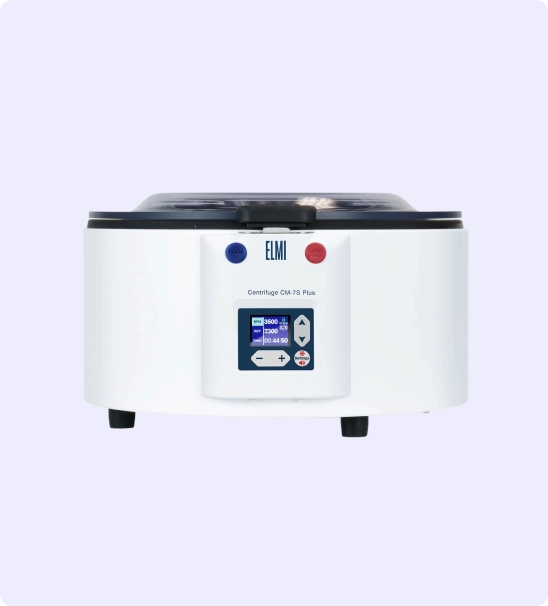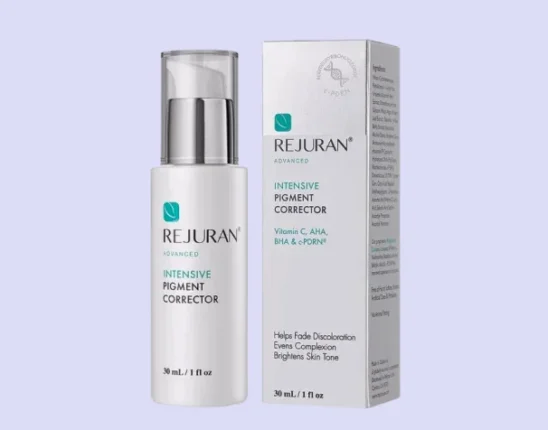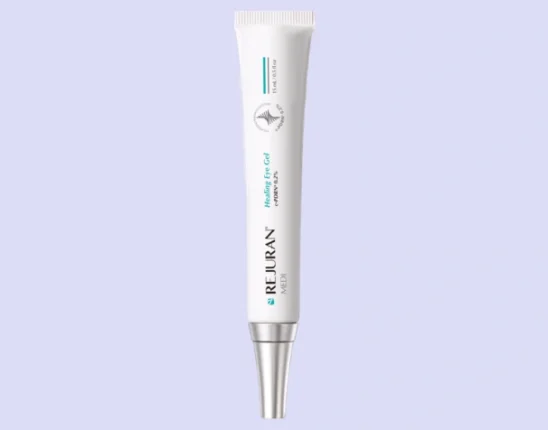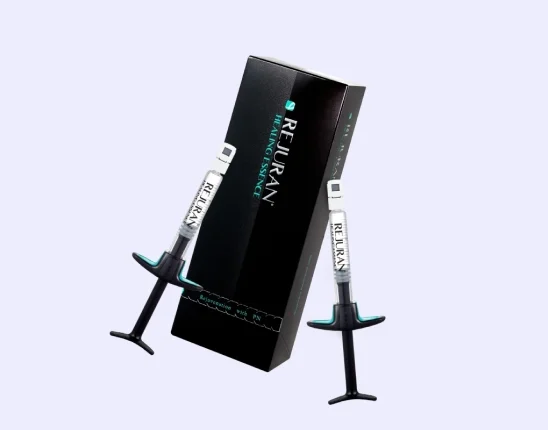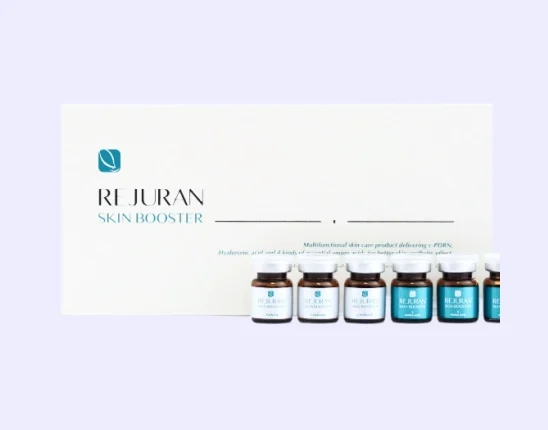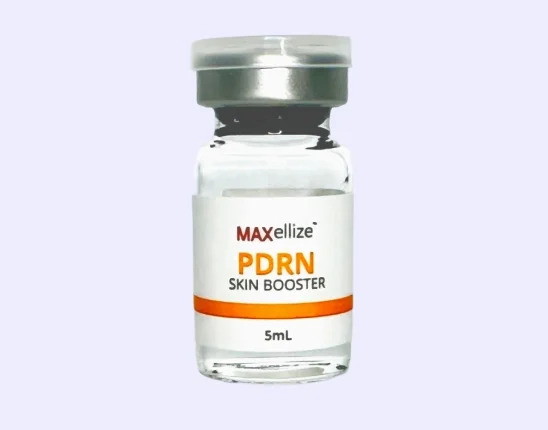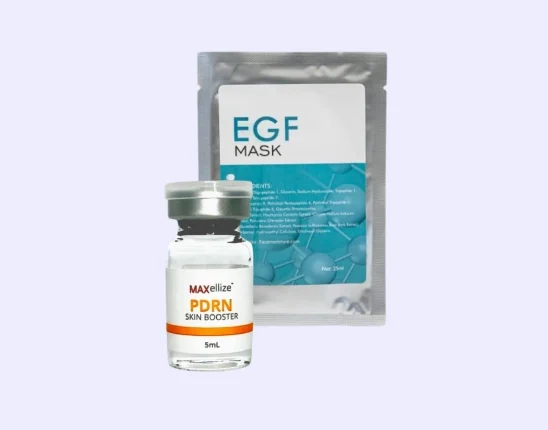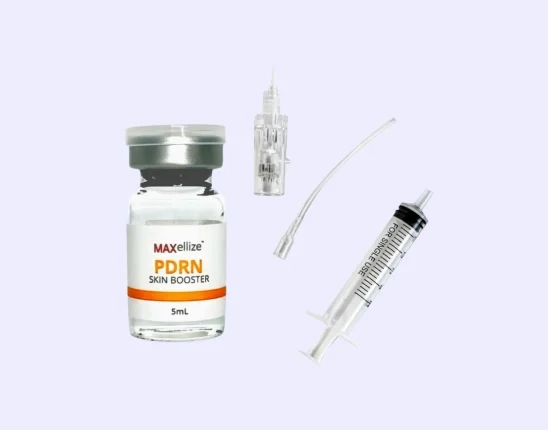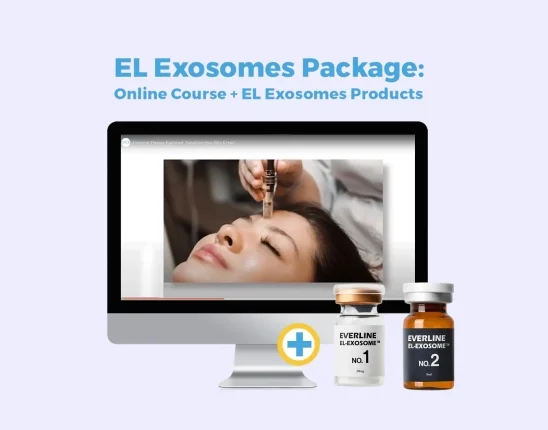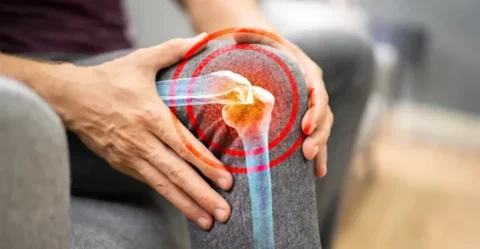As medical advances are constantly made to further the development of innovative treatment solutions, platelet-rich fibrin (PRF) and platelet-rich plasma (PRP) have been gaining popularity over the last few years. Despite being used for similar cosmetic procedures, exfoliation, potential skin rejuvenation, and hair growth procedures, they have some important differences between them.
So what are the differences between PRF and PRP? While they’re both platelet-based regenerative treatment solutions, they differ in the technical aspects and potency of platelets. PRF spins your blood more slowly to extract the platelets while PRP is at an extra high speed. To know which is better for you, consult with a reliable aesthetic practitioner.
PRF vs PRP at a Glance
Platelet-rich fibrin (PRF) and platelet-rich plasma (PRP) are similar in their premise and application but differ in how the effects are achieved. For quite a while, PRP dominated as the only viable platelet-based therapy for regeneration. But in recent years, PRF has proven to be as effective as PRP, if not better.
What are PRF and PRP?
Platelet-rich fibrin or PRF is a process in which a natural solution is prepared by extracting blood from the patient and using the processed product by injecting it into affected areas of the skin. Showing great potential for rejuvenating the skin, this method can be an effective way to prevent deep facial hollows and fine lines organically. PRF may also improve the texture of the skin when combined with microneedling.
Meanwhile, PRP stands for platelet-rich plasma and makes use of the regenerative factors present in the patient’s own blood such as platelet and plasma to potentially aid in exfoliation and improving skin appearance. PRP therapy employs injections to concentrate platelets from each patient’s blood to speed up the healing process of injured tendons, ligaments, muscles, and joints.
Similarities in Treatment Between PRF and PRP
- Novel, platelet-based treatment procedures: Both PRF and PRP have garnered great renown as promising treatment procedures in aesthetic and regenerative medicine.
- Rich in special proteins: There are special proteins known as growth factors that enable the body to regenerate and heal itself. Both PRF and PRP are rich in these growth factors which are obtained by processing blood. These growth factors are then employed to potentially regenerate affected areas through cosmetic procedures for aesthetic purposes.
- Autologous platelet concentrates: Platelet-rich fibrin (PRF) and platelet-rich plasma (PRP) are both prepared using the patient’s own blood and are hence known as autologous platelet concentrates. This blood is obtained by taking blood samples from the patient prior to performing the procedure.
- Potentially alternative solutions for aesthetic issues: Both PRF and PRP are considered to potentially improve the overall skin appearance and may help cure conditions such as acne scarring, dark spots, and aged skin by focussing on toning and moisturizing the skin.
Important Differences Between PRF and PRP
Even though PRF and PRP may sound similar, there are important differences in how they are prepared and how they work. Patients usually determine which procedure suits them better based on the severity of their issue and their doctor’s recommendation. Here is a table of differences between PRF and PRP:
| PRF | PRP |
| They’re an autologous platelet concentrate made using a patient’s blood and making it rich in growth factors, platelets, and fibrin. | They’re an autologous platelet concentrate made using a patient’s blood and making it rich in growth factors and platelets. |
| During spinning the patient’s blood in a centrifuge, PRF is processed at a significantly slower rate. | During spinning the patient’s blood in a centrifuge, PRP is processed at a significantly faster rate. |
| As such, PRF is rich in healing factors such as white blood cells, stem cells, and fibrin. | Due to the high speeds, most heavy components sink to the bottom while lighter components such as platelets and plasma can be recovered to make PRP. |
| The final PRF solution has a greater number of platelets due to the slower processing speed. | The final PRP solution has a lower number of platelets which are also lighter due to the faster processing speed. |
| Clots are allowed to be formed during the processing of PRF | Anticoagulants are used to prevent clotting during the processing of PRP |
| The fibrin concentration causes the PRF solution to be in the form of a matrix or scaffold. This enables the platelets to be released at a much slower rate. | Due to the usage of anticoagulants and the lack of fibrin in the final PRP product, PRP is known to release the platelets and growth factors at a much faster rate. |
PRF vs PRP: Which Is Considered to Be Better?
There’s a general consensus amongst the medical community that PRF has a distinct edge over PRP. Here are some of the reasons why PRF is considered to be better than PRP:
- Due to the lack of adding coagulants, the preparation process of PRF is more straightforward and less convoluted. It also has the advantage of not using external additives to manipulate the concentration.
- The higher concentration of platelets (about 3 to 5 times) of PRF makes it a more potent solution.
- PRP has more stem cells, healing factors, and has a reduced risk of blood cells experiencing trauma or damage.
However, it’s still recommended that patients consult with their doctors to determine which procedure suits their skin conditions better.
Get Access to State-Of-The-Art Medical Supplies and Tools on the FACE Med Store
PRF and PRP are both incredibly innovative treatment solutions in the field of regenerative medicine. They’re highly recommended by a lot of dermatologists as it harnesses the patient’s body’s natural ability to regenerate to achieve improved skin health.
FACE Med Store focuses on supplying economical yet high-quality medical devices, accessories, and other needs for practices. We strive to serve as a leading source of medical tools and supplies. We assist our clients in obtaining medical supplies to extend their practice’s services without hassle or stress. Contact us today for our updated stock list.
